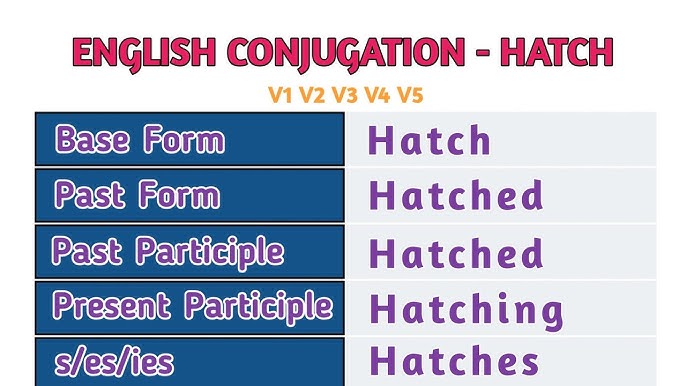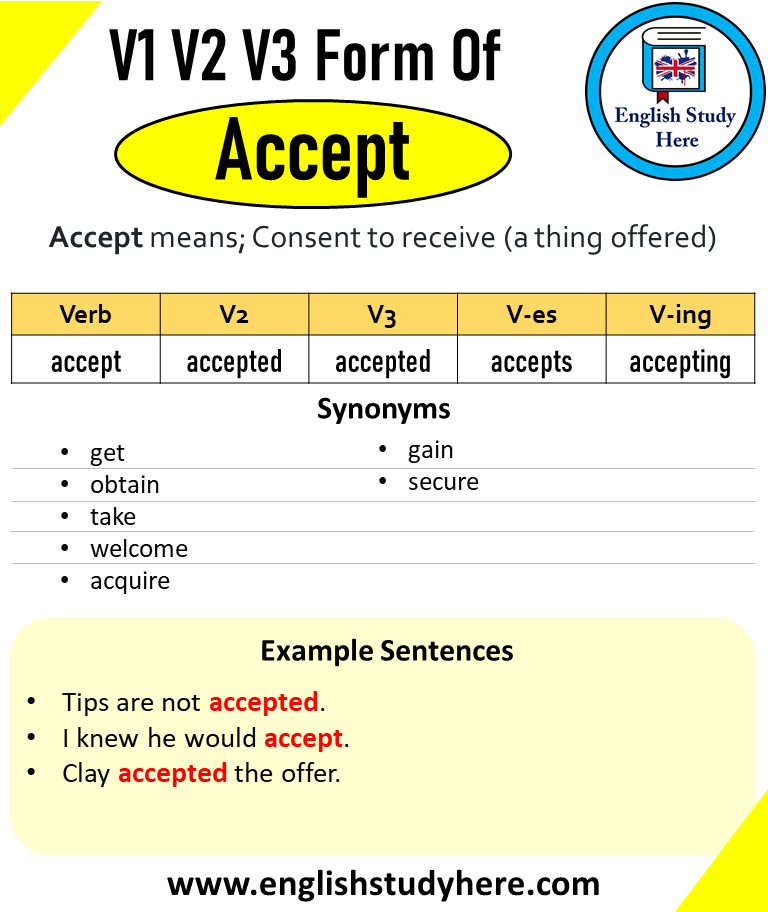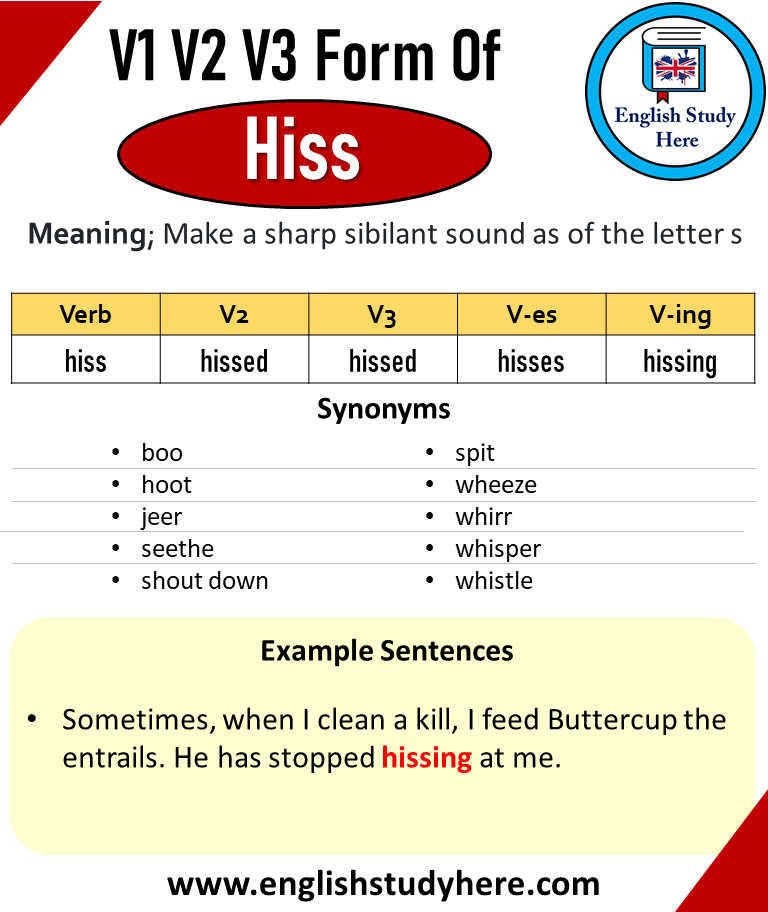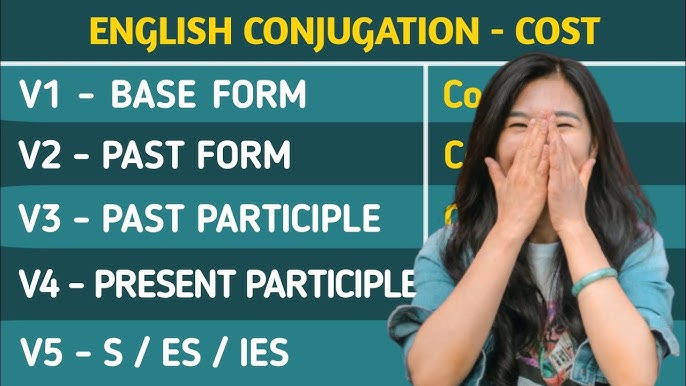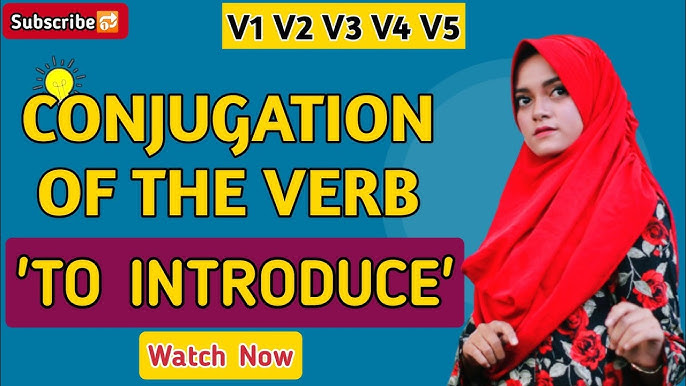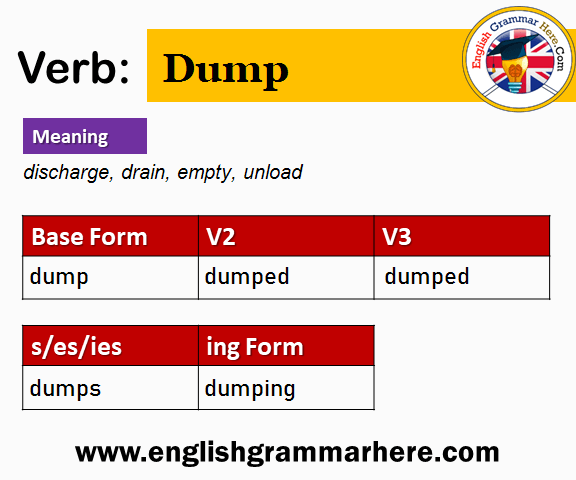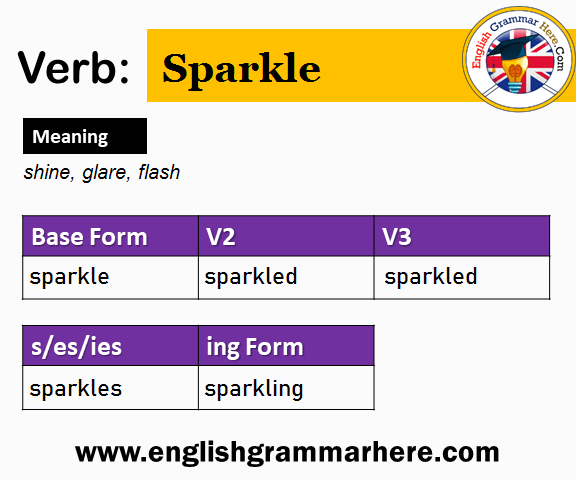Hatch Past And Past Participle Form V1 V2 V3 V4 V5 Form of Hatch
Have you ever found yourself wondering about the different forms of the verb “hatch”? Understanding verb forms is crucial for mastering any language, and English is no exception.
The verb “hatch” is more than just a word associated with chicks breaking out of eggs. It has various forms—V1, V2, V3, V4, and V5—that are essential to grasp for both written and spoken communication. Whether you’re crafting a story, writing an essay, or simply aiming to improve your English skills, knowing these forms can enhance your linguistic prowess.
This article will guide you through the past and past participle forms of “hatch,” shedding light on their usage and helping you become more confident in your language abilities. Dive in to discover how these verb forms can improve your English fluency and enrich your vocabulary.

Credit: englishgrammarhere.com
Hatch Verb Forms
The verb “hatch” means to come out of an egg. In English, verbs change form. This is to show different times or actions. Below are the forms of “hatch”.
| Form | Example |
|---|---|
| V1(Base Form) | hatch |
| V2(Past Simple) | hatched |
| V3(Past Participle) | hatched |
| V4(Present Participle) | hatching |
| V5(3rd Person Singular) | hatches |
These forms help in making sentences. Kids and learners can use them easily. Always remember these forms for better English.
Usage Of Hatch In Sentences
Hatchis a simple word. Birds hatch from eggs. The farmer watches chicks hatch. The turtle will hatch soon.
Hatchedis used for past events. The egg hatched yesterday. The birds hatched early in the morning. We saw the turtle hatched last week.
Will hatchtells about future actions. The chicks will hatch next week. We hope the eggs will hatch by tomorrow.
Hatchingmeans action is ongoing. The eggs are hatching now. The farmer is watching them hatching. The turtle is slowly hatching from its shell.
Has hatchedmeans action is completed. The chicks have hatched. The egg has hatched in the morning.
Common Mistakes With Hatch Forms
Many people use the wrong forms of the word hatch. It is important to know the correct forms. Using the wrong form can make your sentences sound strange. This is a mistake often seen in writing.
When writing, remember the simple past is “hatched”. The past participle is also “hatched”. Both are the same. It is easy to mix these up.
People often confuse these with present forms. “Hatch” is the base form, and “hatching” is the continuous form. Knowing these helps you write correctly.
Using wrong forms can confuse readers. Knowing each form helps you write better. Always check your work for mistakes. This makes your writing clear and correct.
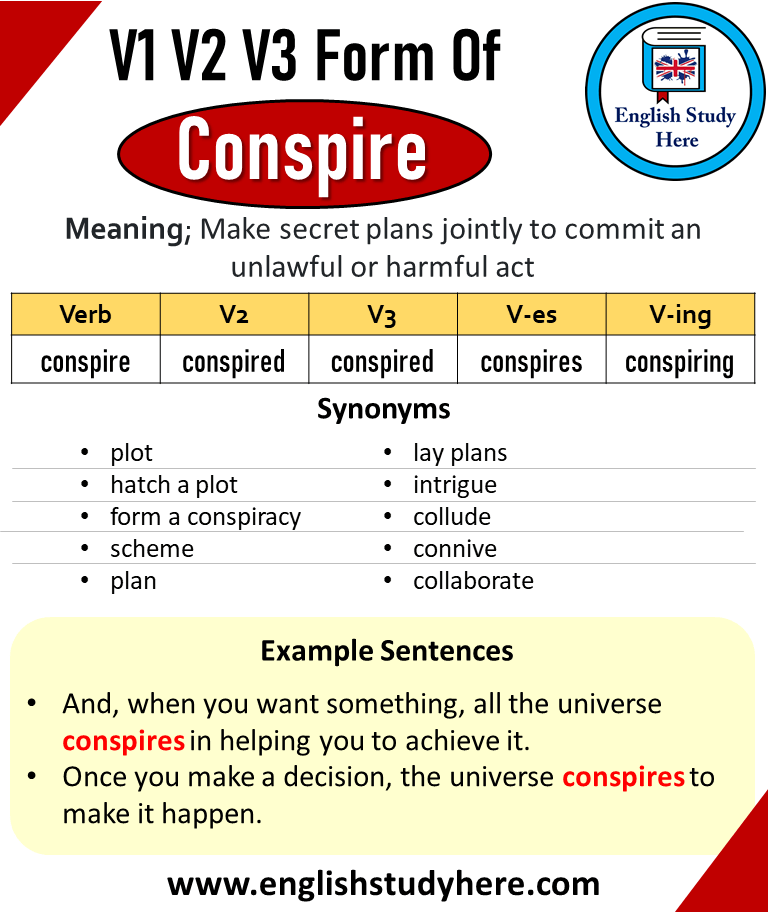
Credit: englishstudyhere.com

Credit: m.youtube.com
Conclusion
Exploring the forms of “hatch” enhances your English skills. Understanding V1 to V5 is vital for clear communication. The past and past participle forms provide structure to sentences. Practice using these forms in daily conversations. This helps improve language fluency.
Grasping these concepts makes writing more effective. Remember, every word choice matters. Keep practicing and stay curious. Your English will grow stronger with time. Stay consistent and patient on your learning journey. Language is powerful and rewarding.
